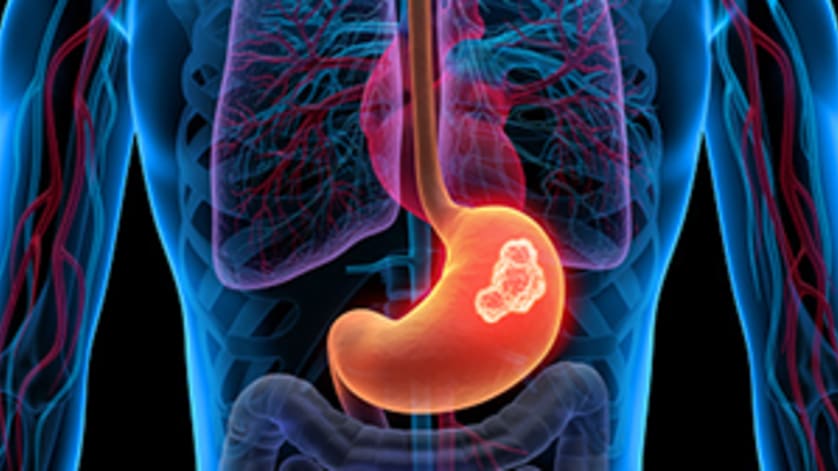
July 15, 2025





Stay up to date with the latest clinical headlines and other information tailored to your specialty.
Thank you for signing up for the Daily News alerts. You will begin receiving them shortly.

July 09, 2025
The ASCO Post


